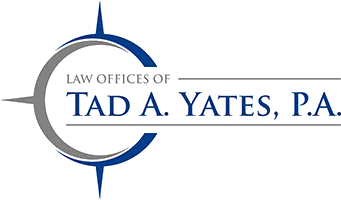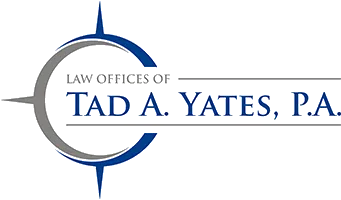
- posted: Mar. 30, 2023
- Criminal Defense
Law enforcement regards computer offenses by technologically savvy individuals as a serious form of white collar crime. Cybercriminals have engaged in a number of activities intended to take advantage of the internet and to interfere with other’s uses of their computer, often committing theft, fraud, extortion and other criminal acts.
Florida law prohibits a number of cybercrimes, including these:
- Contaminating, modifying, destroying or rendering unavailable data, programs or supporting documentation
- Disclosing or taking data, programs or supporting documentation that are trade secrets or otherwise confidential
- Accessing or causing access to data, programs or supporting documentation without authorization (commonly known as hacking) or exceeding the scope of authorization actually given
- Preventing or causing the prevention of a computer from transmitting data to or from an authorized user
- Destroying, damaging or contaminating computers or computer equipment
- Engaging in audio or video surveillance of another by using a computer or its components
Other cybercrimes include using computers to arrange crimes or commit theft or fraud, posting sexual images of individuals without their consent and child pornography. Some of the foregoing actions may also be federal crimes.
Most of these crimes are felonies and, if you are convicted of one, may result in your imprisonment. You may also be liable for damages and attorneys’ fees incurred by the owner of the computer, equipment or data involved.
If you are charged with a cybercrime, you may have defenses available to you, such as that:
- Someone other than you committed the alleged crime without your knowledge, consent or involvement.
- You were given permission to engage in the alleged conduct by someone you believed had the authority to grant the permission.
- You did not intend to engage in conduct that was criminal.
One way to protect yourself before you engage in actions that might amount to a computer crime is to document the consent of the owner of the computer, equipment or programs that could be affected or the owner’s authorized agent. It is possible to show that you believed you were acting properly and were misled about the nature of your actions. Another potential defense is that the prosecution’s forensic computer experts were wrong about whether and how you were involved. You should retain a knowledgeable and determined cybercrime defense attorney to represent you.
If you are the target of a computer crime investigation or face cybercrime charges, the Law Offices of Tad A. Yates, P.A. in Orlando will challenge every element of the prosecutor’s case against you. Call 407-608-7777 or contact us online for a free consultation.


